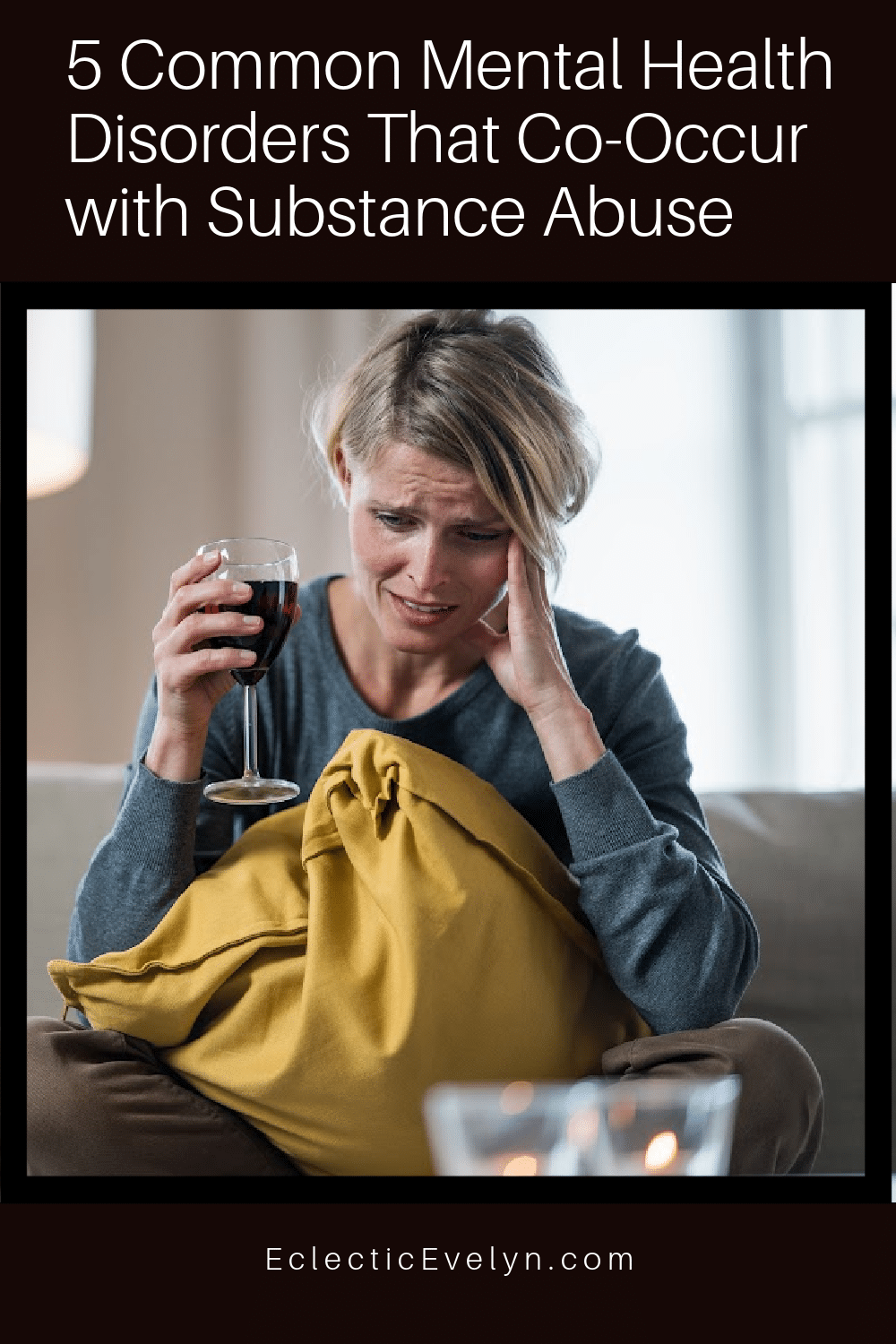Many mental health disorders often occur alongside substance abuse issues. This is understandable because individuals dealing with mental health challenges may turn to drugs or alcohol as a way to cope with their symptoms.
Arkansas dual diagnosis treatment is available for those who live in that state and need help with substance abuse or addiction. It is also helpful to know which mental health disorders often co-occur with substance abuse. In this post, we’ll explore five common mental health disorders that frequently co-occur with substance abuse, emphasizing the importance of dual diagnosis.
Dual Diagnosis and PTSD: A Battle on Two Fronts
Post-Traumatic Stress Disorder (PTSD) is a condition that can develop after experiencing or witnessing a traumatic event. While many soldiers return from combat with PTSD, it is not limited to military experiences. One of the main groups affected are women who endure domestic violence, with a large number suffering from PTSD as a result. Additionally, survivors of serious car accidents, violent crimes, and natural disasters can also develop PTSD. The extensive reach of this condition underscores the need for comprehensive support and treatment.
People with PTSD often struggle with intense, disturbing thoughts and feelings related to their trauma. To alleviate these overwhelming emotions, some may turn to drugs or alcohol. Unfortunately, this coping mechanism can lead to substance abuse, creating a dual diagnosis that requires specialized treatment.
Schizophrenia: Navigating a Frightening Reality
Schizophrenia is a severe mental health disorder characterized by hallucinations, delusions, and profound disruptions in thought processes. Living with schizophrenia can feel like being trapped in a nightmare, making daily functioning extremely challenging.
The fear and confusion caused by schizophrenia can drive individuals to self-medicate with drugs or alcohol in an attempt to regain some sense of control. However, this often exacerbates their condition, leading to a cycle of dependency that is difficult to break without professional intervention. A dual diagnosis approach is essential for addressing both the mental health disorder and the substance abuse issue simultaneously.

Bipolar Disorder: Riding the Emotional Roller Coaster
Someone who is bipolar involves extreme mood swings, from manic highs to depressive lows. These drastic shifts can be exhausting and destabilizing. To manage these intense emotions, some people with bipolar disorder may turn to substances as a form of self-medication.
While drugs or alcohol might provide temporary relief, they ultimately worsen the situation, making it even harder for individuals to manage their mood swings. Seeking proper treatment is crucial, and support from friends and family can make a significant difference in encouraging someone to get the help they need. Dual diagnosis treatment is particularly effective in these cases, providing a comprehensive approach to recovery.
Depression: Seeking Solace in Substances
Depression is a common mental health disorder characterized by persistent feelings of sadness and loss of interest in activities once enjoyed. It’s not uncommon for individuals with depression to use drugs or alcohol to escape their overwhelming sense of despair.
While substances might offer short-term relief, they often lead to a deeper depression and a dependency that complicates recovery. Professional treatment, including therapy and prescription medications, can provide a more effective and sustainable path to managing depression and overcoming substance abuse. Dual diagnosis treatment programs are designed to tackle both aspects of the individual’s struggles.

Anxiety: Calming the Constant Fear
Clinical anxiety involves a pervasive sense of worry and fear that can be debilitating. Living with chronic anxiety can be exhausting, and some people might turn to alcohol or drugs to calm their nerves and find temporary relief.
However, using substances to manage anxiety can quickly spiral into addiction, creating a dual diagnosis that is challenging to treat. Therapy and, in some cases, prescription medications can offer better long-term solutions for managing anxiety without the need for substances. Dual diagnosis treatment addresses the anxiety and substance abuse concurrently, offering a balanced approach to recovery.
Seeking Help: The Importance of Dual Diagnosis Treatment
Recognizing the connection between mental health disorders and substance abuse is the first step towards effective treatment. Dual diagnosis treatment programs are designed to address both issues simultaneously, offering a comprehensive approach that considers the complexities of each individual’s situation.
If you or a loved one is struggling with both a mental health disorder and substance abuse, seeking help from a specialized treatment center can provide the necessary tools and strategies for recovery. Dual diagnosis treatment centers offer tailored programs that address the unique needs of each individual, ensuring that both mental health and substance abuse issues are treated concurrently.
There are several national resources where you can learn more about dual diagnosis and find support:
National Alliance on Mental Illness (NAMI): NAMI offers information, support, and resources for individuals dealing with mental health issues and substance abuse. Their website provides educational materials and a helpline for immediate assistance.
Substance Abuse and Mental Health Services Administration (SAMHSA): SAMHSA provides a national helpline and treatment locator to help individuals find local services for mental health and substance abuse.
National Institute on Drug Abuse (NIDA): NIDA provides comprehensive research and information on the science of drug use and addiction, including how it intersects with mental health disorders.
By utilizing these resources, individuals and their loved ones can gain a deeper understanding of dual diagnosis and find the necessary support to start the journey towards recovery.

Dealing with a mental health disorder is undeniably challenging, and it’s understandable that individuals may seek relief through substances. However, while this coping mechanism may provide temporary solace, it ultimately leads to further harm. By recognizing the connection between mental health and substance abuse, individuals can take the courageous step of seeking the appropriate help to address both issues. Dual diagnosis treatment offers a beacon of hope and unwavering support for those navigating these intertwined challenges, empowering them to reclaim their lives and embark on a path towards lasting well-being.





